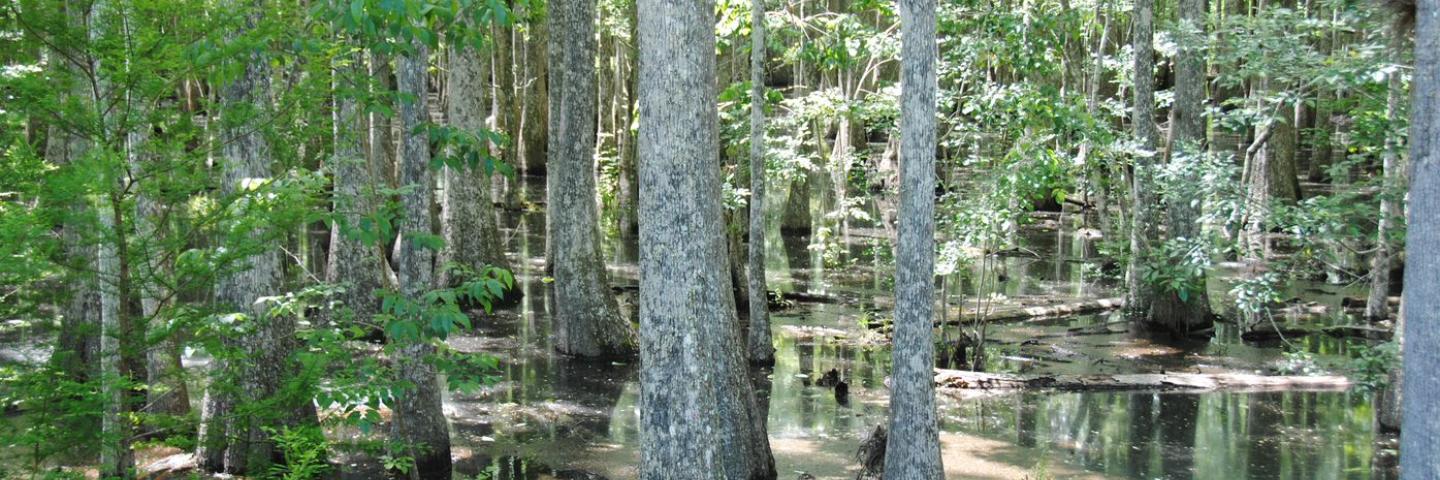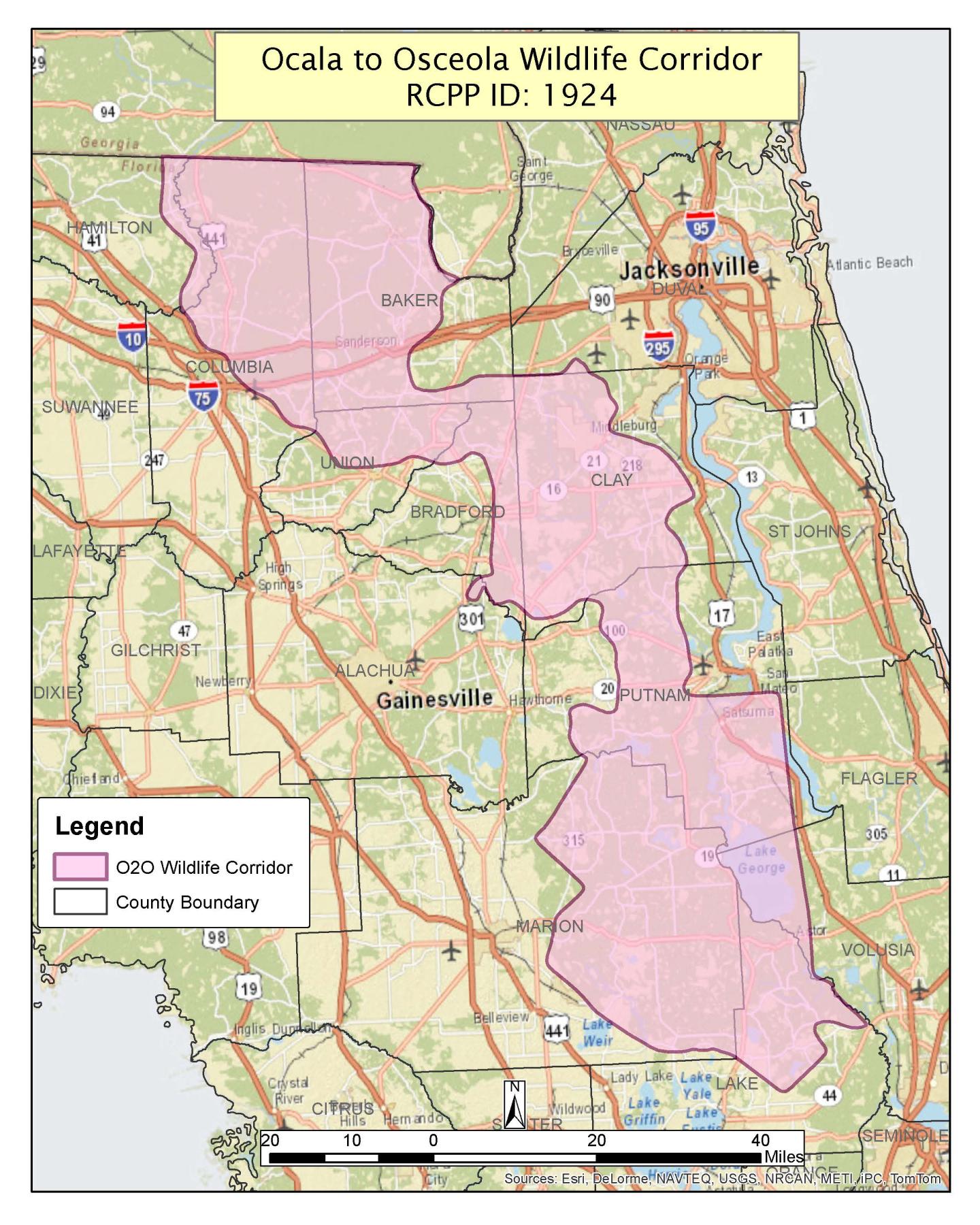Conservation Easement Program sign up for Florida Landowners begins April 17

Florida landowners interested in aligning their land uses with conservation values have an opportunity to apply for a conservation easement program in partnership with the USDA NRCS and North Florida Land Trust beginning April 17.
GAINESVILLE, Florida – April 7, 2023 – Florida landowners interested in aligning their land uses with conservation values have an opportunity to apply for a conservation easement program in partnership with the U.S. Department of Agriculture (USDA), Natural Resources Conservation Service (NRCS) and the North Florida Land Trust (NFLT) beginning April 17.
Applications for the fiscal year 2023 NRCS Regional Conservation Partnership Program (RCPP) US Held Easements will be accepted and evaluated by NRCS and NFLT through June 16, 2023. NFLT and NRCS accept conservation easement applications year-round; however, applications received after June 16th, 2023, will be considered for the following fiscal year, as funding allows.
The RCPP is a partner-driven approach to conservation that funds solutions to natural resource challenges on agricultural land. The RCPP promotes coordination of NRCS conservation activities with partners that offer value-added contributions to expand our collective ability to address on-farm, watershed, and regional natural resource concerns.
The NFLT is leading this RCPP project to protect the Ocala to Osceola Wildlife Corridor. The O2O Wildlife Corridor (O2O) is a 100-mile-long, 1.6-million-acre, landscape of public and private lands that connect the Ocala and Osceola National Forests. The O2O includes priority lands for the Florida Ecological Greenways Network (FEGN) and is a significant part of the Florida Wildlife Corridor. By protecting this system of natural landscapes and connector lands, the O2O will continue to provide habitat for Florida black bears and imperiled species like the red-cockaded woodpecker, indigo snake, and gopher tortoise. In addition, there are opportunities for protecting iconic Florida ecosystems, including longleaf pine forests, sandhills, and scrub in the O2O.
As part of this initiative, NRCS and its partners have funding through the RCPP to pay landowners for conservation easements placed upon their land. NRCS will be responsible for screening for land eligibility, coordinating appropriately to determine the proper entity holder, coordinating with landowners to develop conservation easement project applications, negotiating conservation easement terms, and developing a land management plan. Due to the complex nature of conservation easement projects, landowners interested in this funding are strongly encouraged to contact NRCS to discuss this funding option prior to submitting an application.
Conservation easements funded through the RCPP program may maintain agricultural uses, promote longleaf pine range, native forest and grassland restoration, weather resiliency, carbon sequestration practices, and wildfire adaptability. These easements will also contribute to protect habitats and migration routes of native, threatened, endangered, and imperiled species. To protect water quality and quantity, these easements protect watershed and springshed (i.e., surface and ground waters). Land eligible for conservation easements within the O2O will be evaluated based on criteria that include connectivity and accessibility to pre-existing conservation tracts, existing agricultural uses, presence of wetlands and watersheds, and natural habitats. Non-industrial, private forest land may also be enrolled when associated with active agricultural and/or conservation land. NRCS and NFLT encourage landowners and farmers who are historically underserved (HU) to apply. HU farmers are defined as farmers who are beginners, socially disadvantaged, or veterans, and/or who have limited resources.
Participating in the RCPP Grants program helps secure the future of the nation’s food supply, prevents land with high conservation value from being developed or converted to a non-agricultural use, and provides public benefits including environmental quality, historic preservation, wildlife habitat, and protection of open space.
If you are a landowner interested in conserving your land in partnership with NFLT, the O2O Partnership, and NRCS, please contact:
Heather Barnes, NFLT O2O Coordinator, at hbarnes@nflt.org or (904) 579-1967.
Michael Ruiz, NRCS RCPP-Easements, at michael.ruiz@usda.gov or (352) 338-9566.
Map of RCPP Grant project area – Ocala to Osceola Wildlife Corridor

USDA is an equal opportunity provider, employer, and lender.

